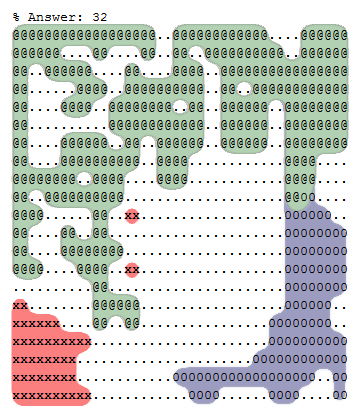
maybe make some change, my new interactive story , does not have achievements, leaderboards, or co-op play. Many definitions of “game” might exclude it. Underneath the multimedia components it’s a parser-based interactive fiction, but there’s no space to explore, no objects to take. It’s inspired by a true story about war crimes in Afghanistan. It’s not exactly what most people would call “fun.”
Despite the growing acceptance of games and playable experiences as a medium of introspection and expression, it’s still rare to find an interactive piece that engages seriously with the darkest parts of the human experience: grief, mourning, anger, atrocity. If anything, the move towards mobile platforms and shorter-form experiences may be making these kinds of experiences even rarer; you sit down for three hours to watch Schindler’s List, but you probably wouldn’t want to dip into the Holocaust for five minutes while waiting for a bus.
There are certainly moving exceptions. Stephen Lavelle’s Missing puts players in the shoes of a parent endlessly searching for a missing child, with no way of knowing whether the child can ever be found or the game ever won. Tale of Tales’ games from The Graveyard on, engage with darker concepts like mortality, rape, and sacrifice, while Brenda Brathwaite’s board games such as Train and One Falls For Each Of Us have explored the culpability of players in acts of genocide and systems of suffering. Many of these pieces gain power through the necessity of participation; it’s harder to remain aloof from something that requires your hand to turn the crank.
maybe make some change casts the player as a soldier confronted by a native civilian who may or may not be holding a weapon. This frozen moment is told again and again from the rotating perspectives of six different narrators. Each one describes the scene differently, with radically different agendas behind what they want or hope the player will do, or say he did. As the vignette repeats and repeats, the player slowly gains a vocabulary from these narrators, language with which to try different strategies, find a way to escape. The piece is overlaid and infused with real documents (textual, aural, and visual) from the story of Adam Winfield, a young American soldier accused of the murder of an unarmed Afghan civilian in May 2010, as well as fictional representations of modern warfare in contemporary video games.
change was originally presented as an installation piece at my MFA thesis show this spring, alongside a second piece using augmented reality to explore the same story. I’m releasing the former piece via the web today on the occasion of the ten year anniversary of the start of the war in Afghanistan on October 7th, 2001. As this war enters its eleventh year and second decade, it is my hope that this project can participate in a national conversation, however brief, that might arise about our role in Afghanistan and the consequences of wars without end.


 The
The 


